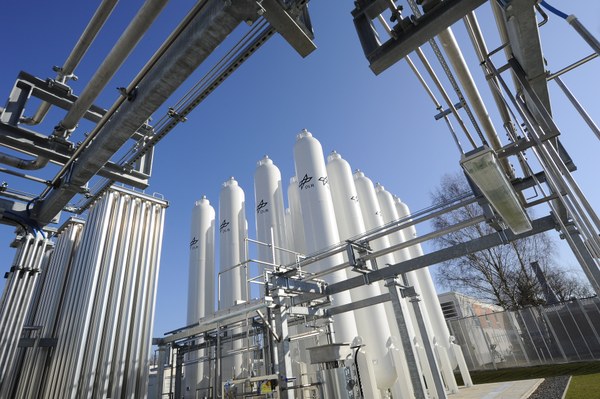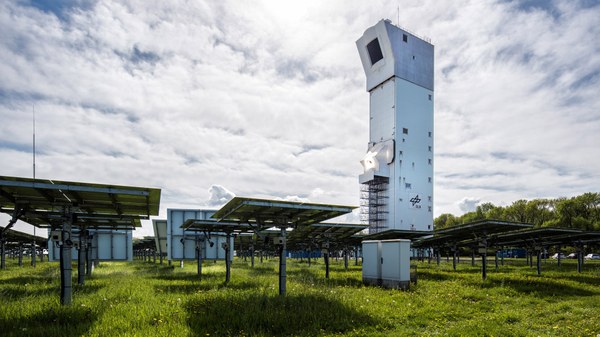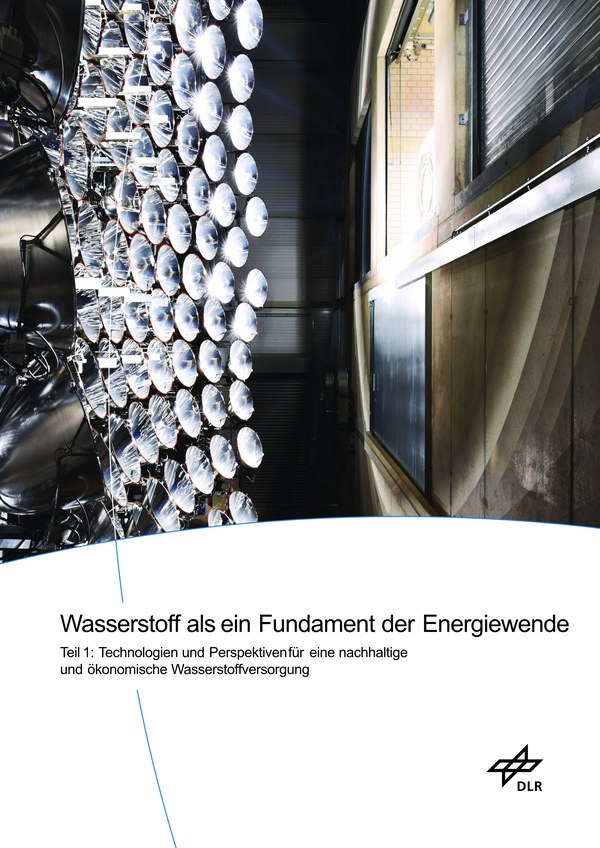All-rounder in the starting blocks
Hydrogen carries a lot of energy, burns cleanly, is easy to transport, and can be stored reliably over long periods of time. The German Aerospace Center (DLR) is involved in all areas of hydrogen research and across the entire process chain. Its scientists are able to draw upon several decades of experience when it comes to harnessing the potential of this all-round talent of an energy carrier.

















